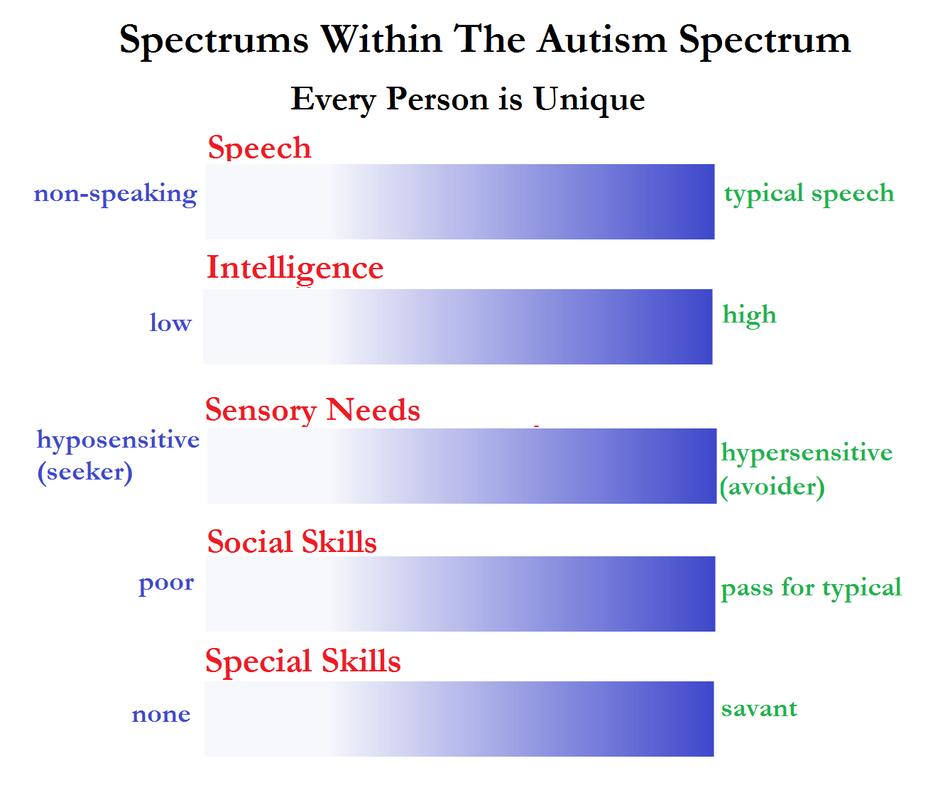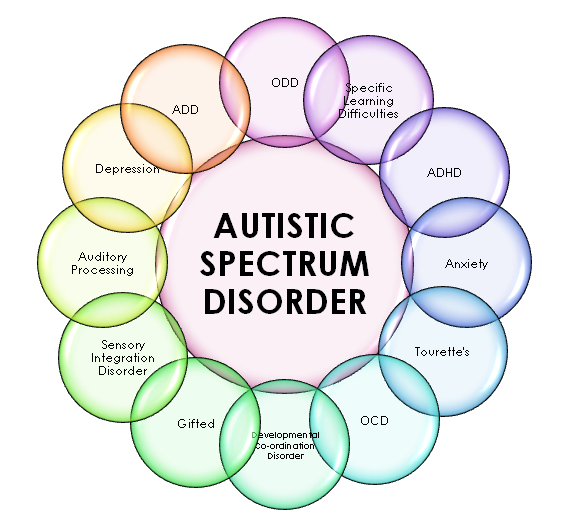I am introducing a new feature to my blog. I will regularly be posting some of my greatest hits from years past.
Here is a speech I delivered at a conference in 2015.
I believe it is time to look at severe autism in a new way. The theories that determine treatment for young children are based on long held beliefs that autism is a processing problem of language and conceptual thinking.According to some theories we cannot recognize emotions, we cannot visually distinguish relatives and friends from other faces, or know right from wrong. Some have even declared that we even cannot recognize a human being from an object.That’s pretty bad, huh.
Is this iPad living, or an object? Maybe incessant drills on flashcards will clear that up. Perhaps I have been introduced to all of you by an object, not a person. How can I tell that a person is not a machine? The same way that all of you can tell.
I guess the solution for decades has been flashcard drills to drill on nouns, verbs, people’s names, commands, and on and on. It is a familiar start in life for a lot of us. But why should I be drilled on what I already know as well as everyone else? From my point of view, it’s a pretty insulting premise.
To base a person’s education on these assumptions is risky because a boring day of ‘what is the weather?’ drills, or touch your nose lessons, does not teach what one needs to learn. I suppose if people really don’t understand, or cannot recognize the difference between mom and dad, or mom and a table, these common methods might help.
But autism is not that disorder.
The autism I have is not a language processing problem or a lack of understanding anything. I want this point crystal clear. My mind is fully, totally intact. In fact, my experience is that most nonverbal autistic people have intact minds too.
Here is your challenge. Stop looking at our weird movements, blank faces, lack of speech, trouble handwriting, poor self control, and on and on, as proof of intellectual delay. It may look like it, but I think looks here deceive. Believe me when I tell you that if I could look normal on the outside I would do it immediately. I am normal on the inside.
That’s different than what people with Asperger’s say, or what Temple Grandin writes in her books. But that’s because Asperger’s Syndrome in severe form is not what I have.
I hope that’s clear because it confuses many professionals. Different neurological problems have the same DSM diagnosis. That’s confusing. I think it would be like putting AIDS and head colds under the same heading because they’re both viruses. Too much is covered under the heading, Autism Spectrum Disorder, and this misleads an understanding of what I have.
So now, let me tell you what I have. Autism for me is a severe problem.
How would you like it if your thoughts didn’t reach your body consistently? What I mean is that your thoughts are intact but internally neurological forces block them from your motor system so that messages get messed up, or ignored, or occasionally they get through. That can resemble not understanding, but it is not.
Nevertheless, the person cannot necessarily demonstrate intact thinking due to the motor issues that block speaking, handwriting, gestures, facial expressions, initiating actions, and more. So, smart intact people may spend years, or even their whole lives, in a body that traps them behind weird movements and unreliable, inconsistent responses. More than that, neurological forces may affect the sensory system, making sounds too loud or visual stimulation overwhelming. The frustration is compounded by autism experts who dumb down learning because of their belief that autism is a language processing problem.
When I was young I did ABA. No offense to any ABA people here, but for me it was a horrid experience. I found those early years of drills and reinforcements an exercise in boredom because I already knew the vocabulary they taught. I just had unreliable hands to point to the flashcards accurately. The baby talk, and most frustrating, the supervision sessions that never worked on my real challenges, made me feel frustrated and angry. Worse, the theories probably delayed my mom’s ability to recognize my true potential by several years, at least.
No offense to any Floortime people here, but I never got much out of my sessions because my play was so delayed when I was small. I craved more than the games I got. But my Floortime was minimal. I was drowning in ABA drills instead.
No offense to OT people here, but what I desperately needed was motor control and physical fitness, and I never got that. I got swings that spun me. Once until I barfed.
No offense to special ed teachers, but when I couldn’t show my intelligence, I still was thinking. But all I got was one plus one, ABC and the weather. My recommendation is to teach at least some age appropriate lessons and books, even before the student can express his thoughts. Who knows how much is locked inside?
My helpers were kind and well meaning, but the way I was taught missed my real needs for communication and motor control simply because the methods assumed I did not understand spoken language and therefore needed a rudimentary lifestyle.
What helped? Soma did. She gave me the ability to type on a letter board when I was seven through her method, Rapid Prompt Method, or RPM. This has progressed to a keyboard and ipad. Because of this, I am a general education student, college bound, on the high honor roll in AP classes and even learning a foreign language. I work out with a trainer and I hike and run and row on a machine at home. I also took piano lessons. These things helped me.
To all the professionals I offended earlier, sorry. I admire your devotion, compassion and caring. I challenge you to see your nonverbal autistic students differently and with high expectations for learning.
Parents, don’t give up hope. If you see intelligence, even if brief, then intelligence is there. It’s most likely inconsistent because of those frustrating neurological forces I mentioned.
Communication is a blessing. Lack of communication is a curse. Let’s give kids the blessing of communication and a real hope for tomorrow.
Thank you.







